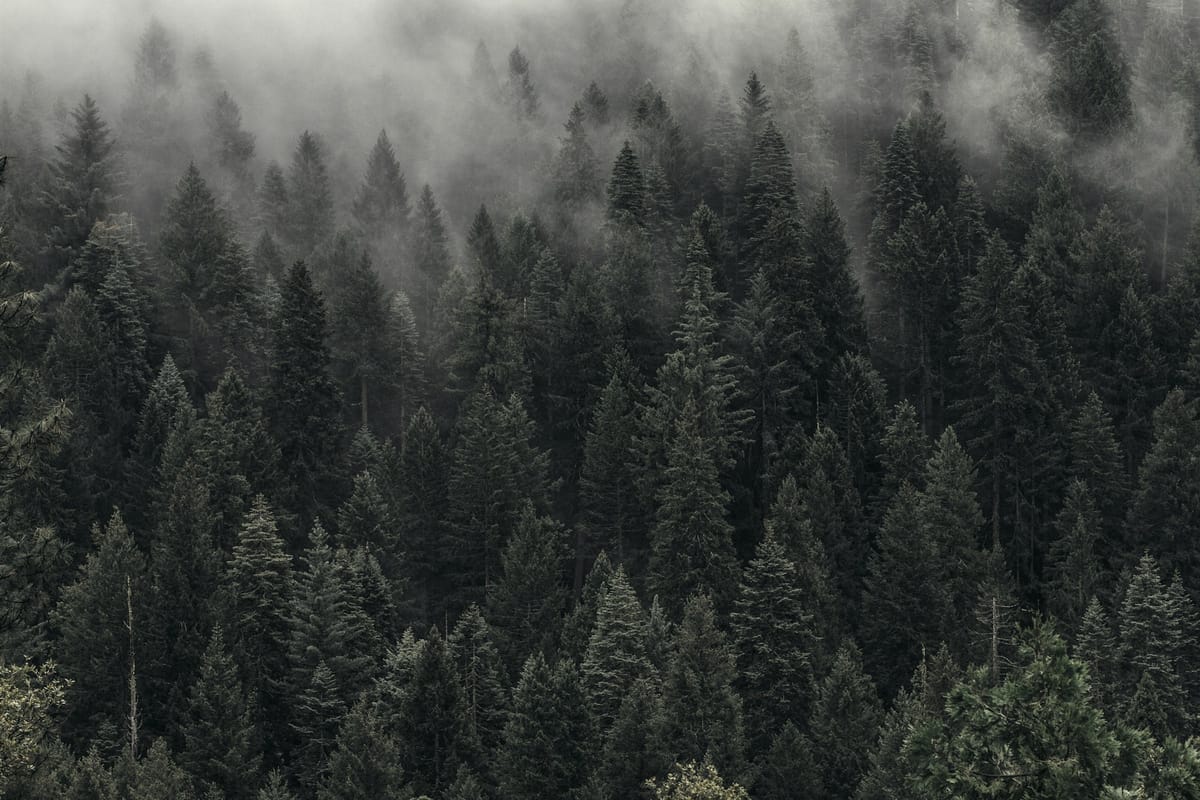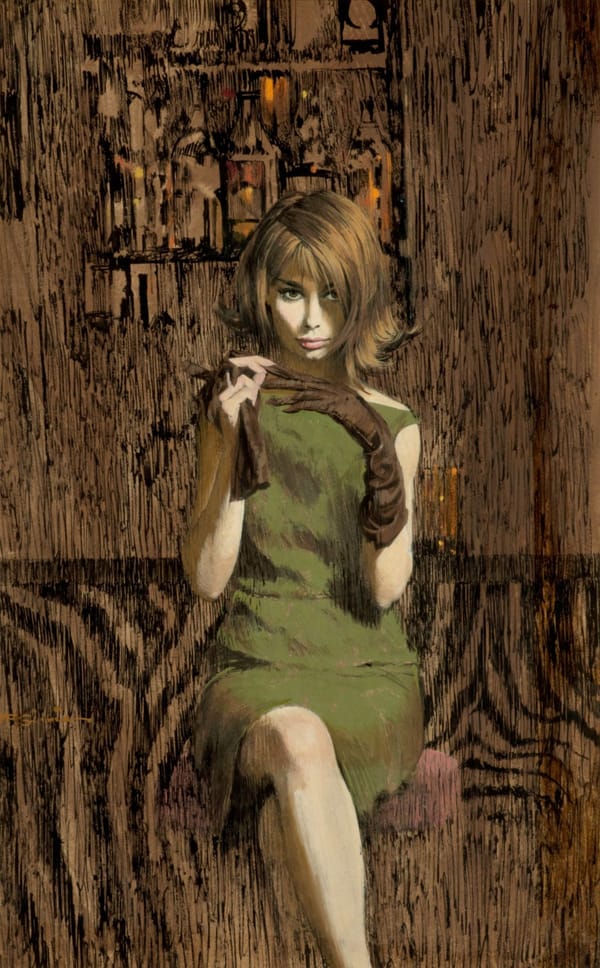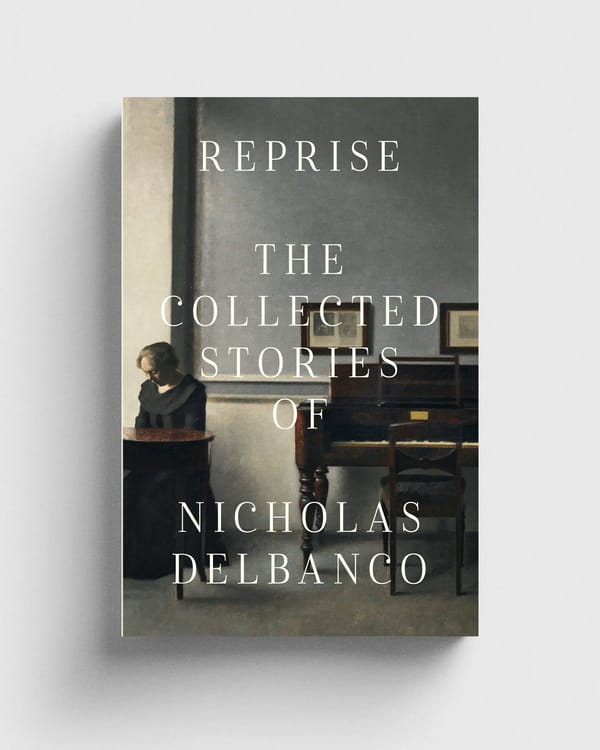Erin Kissane on going offline and into the dark forest

Fantastic talk by Erin Kissane at this summer’s XOXO Festival (via Kottke), in which she talks about going offline, her time with the Covid Tracking Project and how we need to to fix the social internet:
A lot of us remember what it was like to live and work on an internet that was deeply flawed but not systematically designed to burn our emotions, time, and safety for fuel. Whether we’re network builders, designers, writers, or video game makers—the people who make networks better just by their presence—we all have a role in making or enriching networks that are genuinely better for all of us. There is a real crack in the foundations of the current order right now, and I genuinely believe that if we each brought our weird talents and gifts to bear on this problem and treated the problem of making better networks like our problem—not something we’re just hoping someone else will figure out—we would have this in the bag.
She mentions the Dark Forest theory of the web, a metaphor I was unfamiliar with but has helped illustrate/crystallise a lot of my thoughts on the web (as exhausted digital immigrant and terrified parent). Maggie Appleton gives a pretty succinct overview:
The dark forest theory of the web points to the increasingly life-like but life-less state of being online. Most open and publicly available spaces on the web are overrun with bots, advertisers, trolls, data scrapers, clickbait, keyword-stuffing “content creators,” and algorithmically manipulated junk. It's like a dark forest that seems eerily devoid of human life – all the living creatures are hidden beneath the ground or up in trees. If they reveal themselves, they risk being attacked by automated predators. Humans who want to engage in informal, unoptimised, personal interactions have to hide in closed spaces like invite-only Slack channels, Discord groups, email newsletters, small-scale blogs, and digital gardens. Or make themselves illegible and algorithmically incoherent in public venues.
Written two years ago, she goes on to say how the forest is going to get so much darker and more dangerous thanks to the relentless infection of Ai, and oh boy was she on the money. Once reliable cornerstones of the web are falling away – as well as Google thrashing around in the snake oil and churning out ridiculous non-results to search queries, Wikipedia is now fighting a battle against an onslaught of “unsourced, poorly-written, Ai-generated content”.
I’m reminded of that Ryan Britt post about how most citizens of the Star Wars galaxy are probably illiterate – he suggests that they’ve come to rely on technology (i.e. droids) to such a degree that they no longer need to read or write anything beyond basic pictograms¹. But maybe it was more than that; maybe the written word could no longer be trusted, so they simply abandoned it and resorted/reverted to folklore. Is that where we’re headed? Everything will become a rumour or a whisper or simply fade away.




